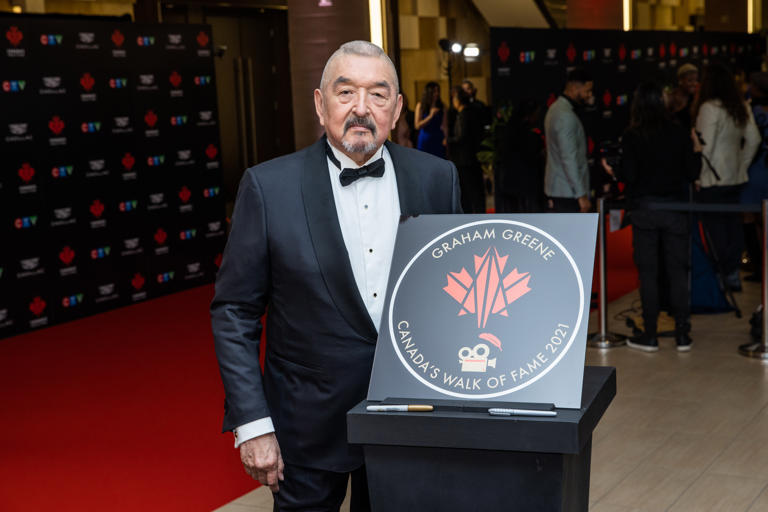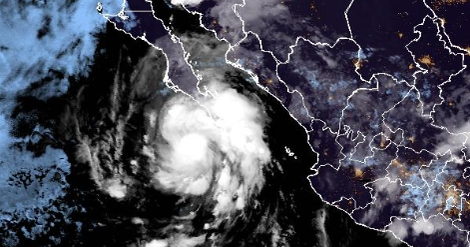Graham Greene, Oscar-Nominated Trailblazer for Indigenous Representation in Hollywood, Dies at 73
Graham Greene, the Canadian First Nations actor whose powerful performances opened doors for Indigenous talent in Hollywood, has died at the age of 73. He passed away on September 1 in a Toronto hospital after a long illness.
“He was a great man of morals, ethics and character and will be eternally missed,” his agent, Michael Greene (no relation), said in a heartfelt statement. “You are finally free. Susan Smith is meeting you at the gates of heaven,” he added, paying tribute to Greene’s longtime agent who passed in 2013.
Early Life and Humble Beginnings
Born on June 22, 1952, in Ohsweken on the Six Nations Reserve in Ontario, Graham Greene’s journey to stardom was anything but conventional. Before pursuing acting, he held a variety of odd jobs, from audio technician to road crew worker. But his true calling revealed itself when he stepped onto the stage in the 1970s, performing in Canadian and English theater productions that honed his craft and prepared him for a career that would leave an indelible mark on cinema.
Breakthrough Role in Dances with Wolves
Greene made his television debut in 1979 on the Canadian drama series The Great Detective and later appeared in the 1983 film Running Brave. But it was in 1990 that his career changed forever. Cast by Kevin Costner as Kicking Bird (Ziŋtká Nagwáka) in Dances with Wolves, Greene delivered a performance that captivated audiences and critics alike.
The Western became a cultural phenomenon, earning 12 Academy Award nominations and winning seven, including Best Picture. Greene’s moving portrayal of the thoughtful and principled Lakota Sioux holy man earned him an Oscar nomination for Best Supporting Actor — a rare and groundbreaking achievement for an Indigenous performer at the time.
A Distinguished Film Career
Following his breakthrough, Greene built a career that showcased both his versatility and his quiet strength on screen. He starred in films like Thunderheart (1992), Maverick (1994), Die Hard with a Vengeance (1995), The Green Mile (1999), Transamerica (2005), The Twilight Saga: New Moon (2009), and Molly’s Game (2017). He reunited with Kevin Costner in several projects and delivered a memorable role in Taylor Sheridan’s acclaimed thriller Wind River (2017).
Greene’s collaborations with Sheridan continued when he appeared in Paramount+ series 1883 and Tulsa King, showcasing his enduring relevance in modern storytelling.
Television Success and Cultural Impact
Beyond film, Greene was a familiar face on television. His résumé included regular and recurring roles in shows like Wolf Lake, Defiance, Northern Exposure, Longmire, Goliath, American Gods, and most recently, Marvel’s Echo. In one of his final screen appearances, Greene joined FX’s celebrated series Reservation Dogs, a show hailed for its authentic Indigenous storytelling — a fitting continuation of the trail he blazed decades earlier.
Awards and Legacy
Over the course of his career, Greene earned not only an Oscar nomination but also recognition across multiple mediums. He was a Grammy Award winner, Gemini and Canadian Screen Award recipient, and Independent Spirit Award nominee. He also received a star on Canada’s Walk of Fame and, earlier this year, the prestigious Governor General’s Performing Arts Award in his home country.
A Life Beyond the Screen
Despite his fame, Greene remained grounded. He was married to his wife, Hilary Blackmore, for 35 years and cherished time with his daughter, Lilly Lazare-Greene, and grandson, Tarlo. Known for his humor, humility, and generosity, Greene inspired a generation of Indigenous actors and audiences alike.
Final Curtain
Fittingly, Greene worked right until the end. His final film, Ice Fall, a thriller starring Joel Kinnaman, is yet to be released.
Graham Greene’s passing marks the end of a remarkable chapter in Hollywood history — one defined by resilience, artistry, and the breaking of barriers. His presence on screen was more than entertainment; it was representation, empowerment, and truth.
He leaves behind not only a legacy of unforgettable performances but also a path for future generations of Indigenous storytellers to follow.



